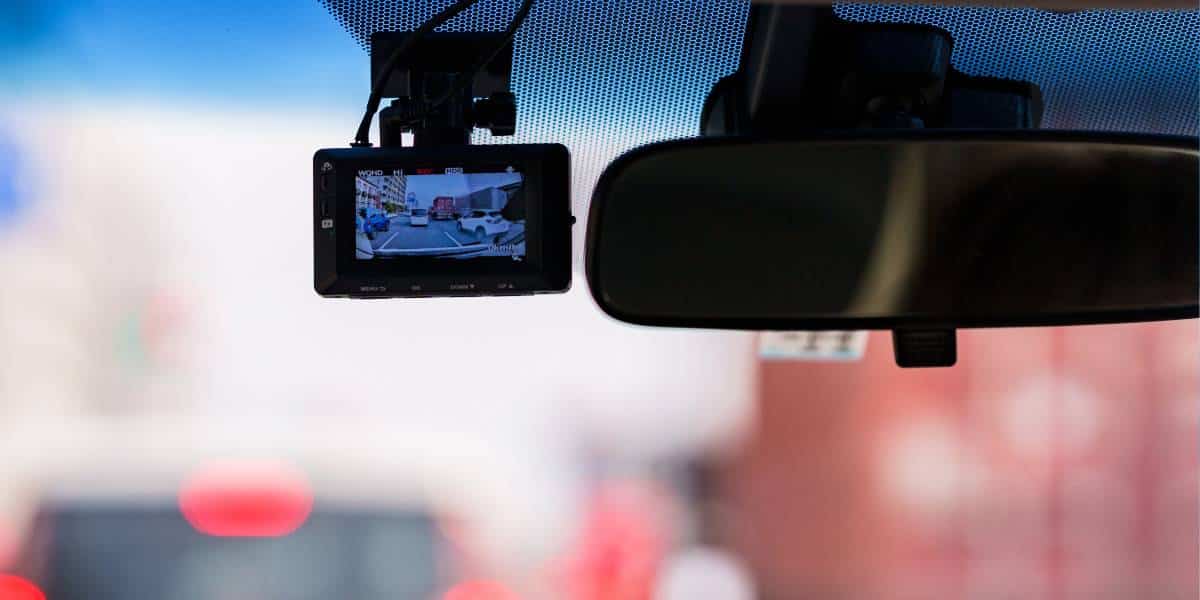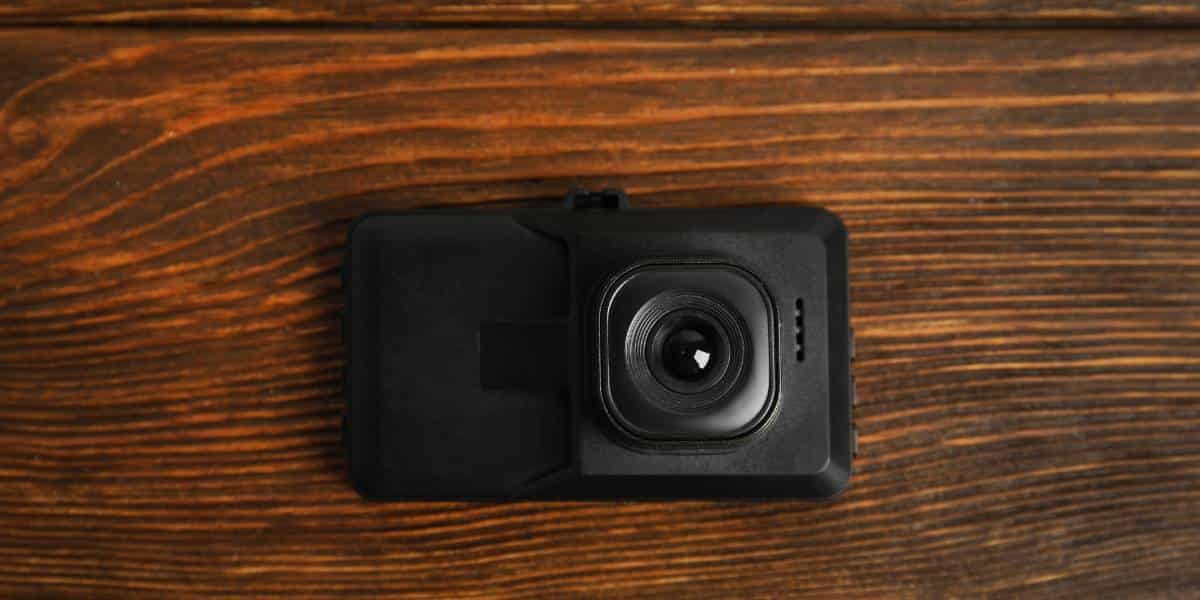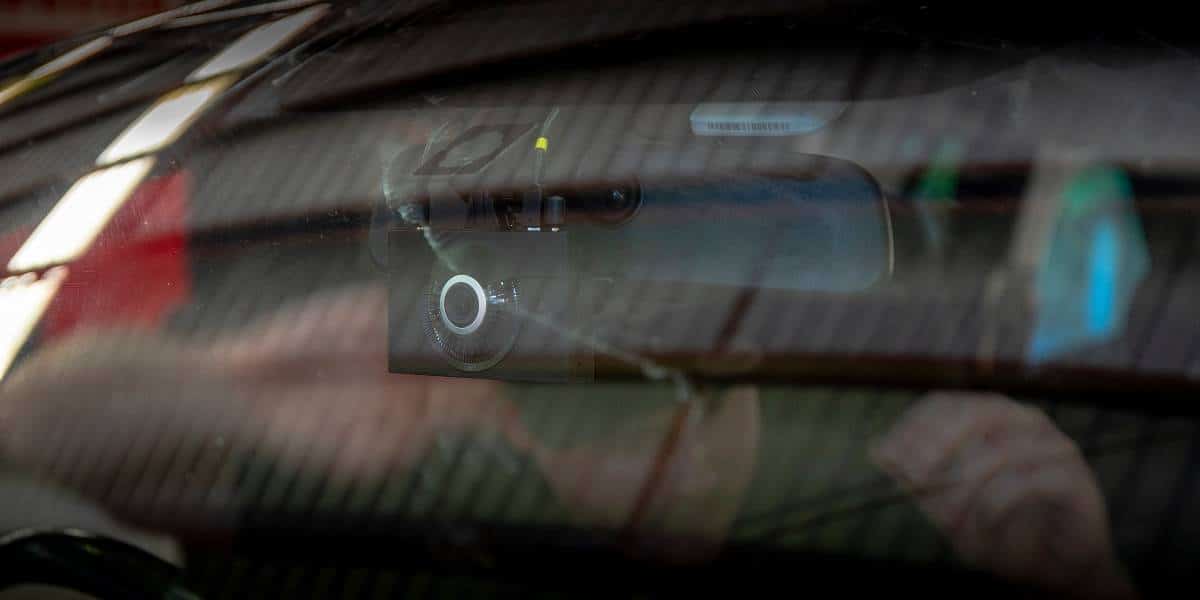
Dashcams are becoming an essential tool for drivers, offering a reliable way to record events on the road. But one question that often comes up is: Do dashcams record when the car is off? Understanding how dashcams work when your vehicle is parked or turned off is crucial, especially if you want to protect your car in case of accidents or vandalism.
How Dashcams Work
Dashcams are small cameras usually mounted on the windshield or dashboard of your car. They record video while you drive, capturing footage that can be vital in the event of an accident. However, most dashcams stop recording when the car is off because they rely on the car’s power to operate. But some dashcams can keep recording even when the engine is off, depending on their features.

Do Dashcams Record When the Car Is Off?
A common question among drivers is whether dashcams record when the car is off. Generally, standard dashcams do not record when the car is off. This is because they are typically wired to the car’s ignition system, which means they only receive power when the engine is running. Once you turn off the engine, the power supply to the dashcam is cut, and it stops recording. This is the case with most basic dashcams that are designed primarily to capture footage while you’re driving.
However, there are exceptions. Some dashcams come with advanced features that allow them to keep recording even when your vehicle is off. These features are particularly useful for monitoring your car when it’s parked, as they can capture footage of incidents like vandalism or hit-and-runs. Understanding how these features work can help you decide whether investing in a dashcam with these capabilities is right for you.
How Does Dash Cam Work When the Car Is Off?
You might wonder, How does dash cam work when the car is off? Dashcams that can record when the car is off usually have one or both of the following features:
Parking Mode
Parking mode is a feature available on some dashcams that allow the camera to monitor your car even when the engine is off. When the dashcam is in parking mode, it doesn’t record continuously like it does when the car is running. Instead, it uses sensors—usually motion or impact sensors—to detect activity around the vehicle.
For example, if someone bumps your car or there’s movement nearby, the dashcam will automatically start recording. This feature is designed to save power and storage space by only capturing footage when something significant happens. Parking mode is particularly useful if you often leave your car in areas where it might be at risk of damage or theft.
Hardwiring
Another way to ensure your dashcam records when the car is off is by hardwiring it directly to the car’s battery. This setup allows the dashcam to stay powered on even when the engine is off, providing continuous monitoring of your vehicle.
Hardwiring is typically done by connecting the dashcam to the car’s fuse box or directly to the battery. This method is more reliable than using the car’s ignition system because it provides a constant power supply. However, it’s important to manage this setup carefully, as it can drain your car’s battery if the dashcam runs for extended periods without the engine running.
Legal Considerations and the Importance of Dashcam Footage
Dashcams that record when the car is off can be incredibly valuable in legal scenarios. Here’s why:
1. Key Evidence in Insurance Claims
When your vehicle is damaged in a hit-and-run or vandalism incident, having dashcam footage can provide solid evidence for your insurance claim. This evidence can prevent disputes with the insurance company and expedite the claims process, ensuring you receive the compensation you’re entitled to without unnecessary delays.
2. Supporting Your Legal Defense
Dashcam footage can serve as a crucial piece of evidence in legal disputes. For instance, if you’re accused of causing damage to another vehicle, the footage can help prove your innocence by showing exactly what happened. Conversely, if you’re the victim, it can help you hold the responsible party accountable. This can be especially important in cases where there are no witnesses, as the footage offers an unbiased account of the incident.
3. Ensuring Admissibility and Relevance
It’s important to understand that not all dashcam footage is admissible in court. The footage must be relevant to the case and legally obtained. For example, if the recording violates privacy laws or is manipulated in any way, it could be deemed inadmissible. Ensuring the footage is clear, time-stamped, and shows the necessary details can make it a powerful tool in your legal arsenal.
4. Proactive Legal Protection
By using a dashcam that records when your car is off, you’re taking a proactive step in protecting yourself legally. Whether it’s capturing the license plate of a car that hits yours and drives off or recording someone vandalizing your vehicle, this footage can be the difference between winning and losing a case. It provides an objective account of the events, which can be invaluable in both criminal and civil court proceedings.
Should You Get a Dashcam That Records When the Car Is Off?
Deciding whether to get a dashcam that records when the car is off depends on your specific needs. If you frequently park in areas where your car might be at risk, such as on the street or in public parking lots, a dashcam with parking mode or a hardwired setup could provide extra peace of mind. These features can capture important footage even when you’re not around, helping you protect your vehicle and provide evidence in case of an incident.
However, it’s important to weigh the potential downsides, such as the risk of draining your car’s battery if the dashcam runs for too long without the engine on. You’ll also need to consider the cost, as dashcams with these advanced features tend to be more expensive than basic models.
The Legal Importance of Dashcams That Record When The Car Is Off
Having a dashcam that records when your car is off can play a crucial role in legal situations. If your car is involved in an incident while parked—whether it’s vandalism, a hit-and-run, or even a dispute over parking lot damage—dashcam footage can provide solid evidence of what happened. This footage can be the difference between a straightforward resolution and a lengthy legal battle.
Real-Life Legal Scenarios Where Dashcams Can Make a Difference
Having a dashcam that records when your car is off can play a crucial role in legal situations. Here are some real-life examples where this technology can have a significant impact:
1. Vandalism in a Public Parking Lot
Imagine parking your car in a busy shopping center lot. When you return, you find your car has been keyed, or the windows have been smashed. Without witnesses, it can be nearly impossible to prove who did it. However, if your dashcam was recording when the car was off, you might have clear footage of the act. This evidence could be critical in identifying the perpetrator, supporting your case if you decide to press charges, or even in making a claim with your insurance company. This footage could lead to a quick resolution without the need for prolonged investigations.
2. Hit-and-Run While Parked
Hit-and-runs are unfortunately common, especially in crowded areas like city streets or parking lots. If your car is struck while parked and the other driver flees the scene, you could be left with costly repairs and no way to hold the responsible party accountable. A dashcam that records when the car is off can capture crucial details such as the other vehicle’s license plate, the make and model, and even the moment of impact. This footage is invaluable when filing a police report or an insurance claim, helping to ensure the responsible party is identified and held accountable.
3. Disputes Over Parking Lot Accidents
Parking lot accidents can lead to disputes over who is at fault. For example, another driver might claim that you were responsible for a collision, or you might be wrongly accused of damaging another vehicle. In these cases, dashcam footage can quickly clear up any misunderstandings. The recording can show exactly what happened, who was driving, and even the speed and direction of the vehicles involved. This clear evidence can prevent a minor incident from escalating into a prolonged legal battle, saving you time, stress, and potentially significant legal costs.
In all these situations, the legal guidance of a firm like William W. Price P.A. is invaluable. With decades of experience in handling complex liability cases, the firm understands the importance of evidence like dashcam footage. Their legal team can help you use this footage effectively to support your case, whether you’re dealing with insurance companies, law enforcement, or in court.

Common Questions About Using Dashcam Footage in Legal Cases
Can Dashcam Footage Be Used in Court?
Yes, dashcam footage is often admissible in court as evidence. It can provide a clear, unbiased account of what happened during an incident, which can be particularly useful in civil cases like property damage or personal injury claims.
How Do I Ensure My Dashcam Footage Is Legally Admissible?
To ensure your dashcam footage is admissible, it’s important that the recording is clear, shows the relevant event, and has a timestamp. It’s also essential that the dashcam is installed in a way that doesn’t violate any privacy laws.
What Should I Do If My Dashcam Captures an Incident?
If your dashcam records an incident, save the footage immediately and make multiple copies. Share the footage with your attorney, who can advise on how to use it in your case. William W. Price P.A. can help you understand the best way to present this evidence and ensure it supports your claim effectively.
Choosing the Right Dashcam and Its Legal Importance
When it comes to legal protection, choosing the right dashcam is not just about features—it’s about ensuring you have solid evidence if an incident occurs. In legal cases involving vehicle accidents, dashcam footage can be crucial. It provides a clear, unbiased account of events, which can significantly influence the outcome of a case, whether it’s proving fault in an accident, defending against false claims, or supporting your insurance claim.
Why Dashcam Footage Matters Legally
Dashcam footage can serve as a key piece of evidence in court. It can help prove who was at fault in an accident or show that you were not responsible for damages to your vehicle while it was parked. This footage is often more reliable than witness testimony, which can be inconsistent or biased.
William W. Price P.A. has extensive experience using such evidence in court to support our clients. Whether it’s a general liability case, where dashcam footage shows the exact sequence of events, or a professional liability matter, where the footage can demonstrate compliance with safety standards, this type of evidence is invaluable.
Choosing a Dashcam for Legal Protection
When selecting a dashcam, consider the legal implications. A dashcam with parking mode, for instance, is vital if you want to capture footage even when your vehicle is off. This can be crucial in cases of hit-and-run or vandalism. The footage from these incidents can be the difference between a successful insurance claim and one that is denied due to lack of evidence.
Additionally, ensure your dashcam has sufficient storage and a reliable power source. Footage that is lost due to full storage or a drained battery could be the key evidence you need in court.
How Can We Help?
William W. Price P.A. has a long history of helping clients navigate legal challenges involving vehicle incidents. Our team’s deep understanding of liability law means we know how to use dashcam footage to strengthen your case. Whether it’s negotiating with insurance companies or representing you in court, our knowledge ensures that you have the best possible chance of a favorable outcome.
Our firm’s recognition, including the AV Preeminent rating and membership in the American Board of Trial Advocates, highlights our commitment to legal excellence. We work closely with our clients, ensuring that every detail of their case is handled with precision and care.
Conclusion
So, do dashcams record when the car is off? The answer varies depending on the type of dashcam you have. However, having one that does can provide valuable protection and evidence in case of an accident or other incident.
If you’re considering a dashcam with this feature or need legal assistance after an accident, reach out to William W. Price P.A. Our team is ready to provide the legal support you need. Don’t leave your legal matters to chance—protect yourself with the right tools and the right legal representation. Contact us today!

